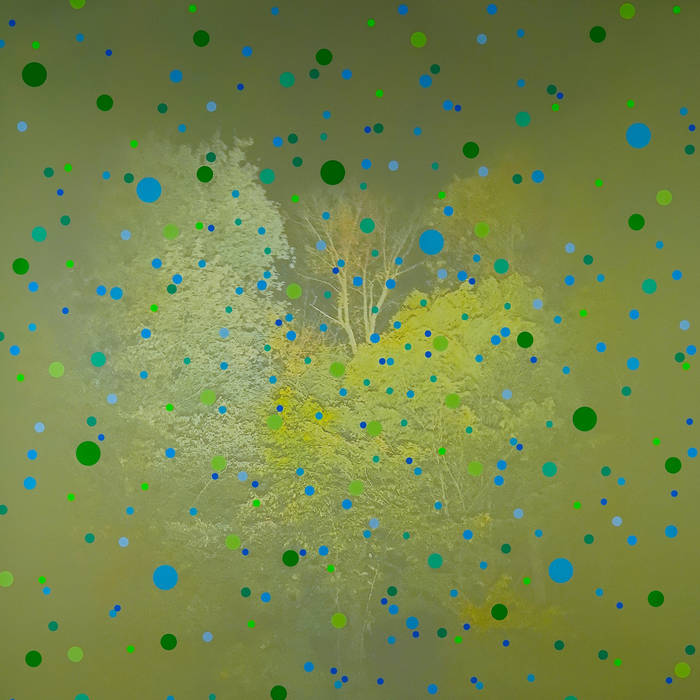When Hebden launched the playlist in 2016, it was something of a lark, a way to share the spoils of his crate-digging with whoever cared to listen. Within a few months, as it grew in audience and duration—he never deletes tracks, so it’s always getting bigger—he began taking it more seriously. Some Spotify playlists evoke a single vivid but unobtrusive mood, softly massaging the far edges of your attention while the center is occupied with dinner party conversation or lifting weights. This one is more like an ethnomusicology class, or an artwork unto itself. It asks for and earns your sustained engagement, reflecting Hebden’s vast knowledge and puckish personality in its perceptive associations between songs. At some point, for Hebden, it grew from a strictly curatorial outlet into a creative one
For Hebden it started as a desire want his own playlist, rather than trying to get onto somebody else’s. This then led to exploring the ability to create tracks for the playlist, which he did by creating alternative artist profiles. Rather than catering for people who do not care, Hebden’s intent is to create an artefact for listeners to explore.
Another example of a playlist that goes beyond the usual is Dan Snaith’s The Longest Mixtape, also in its own way, the Tapefear app helps with the engagement with serendipity.

